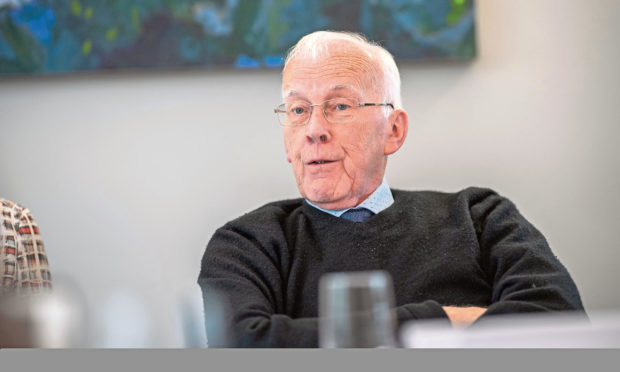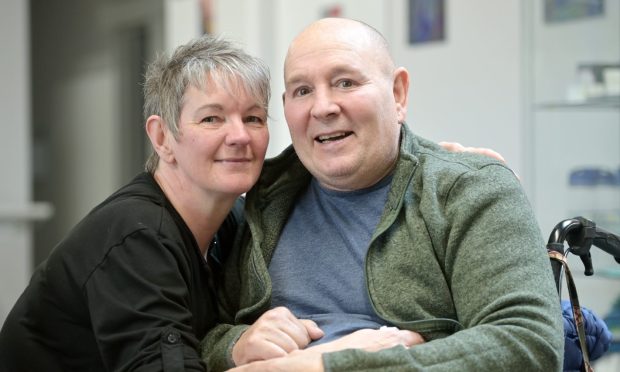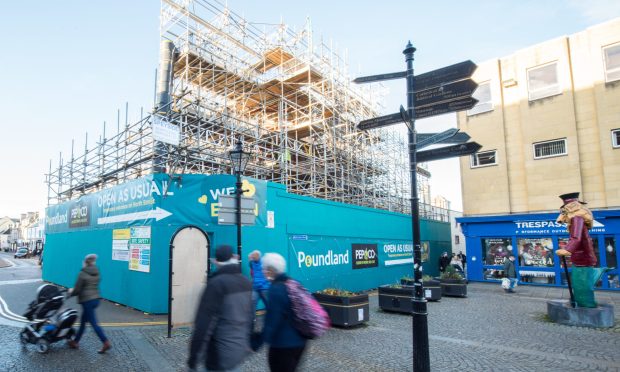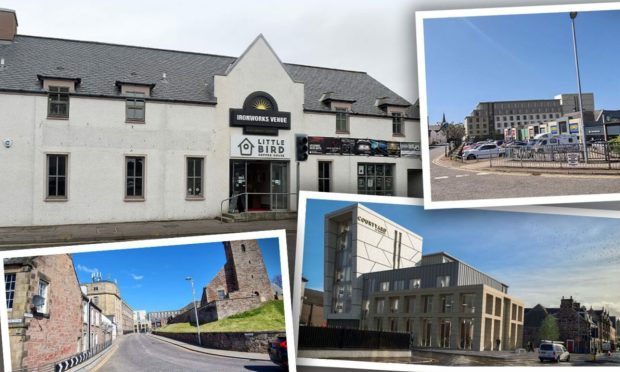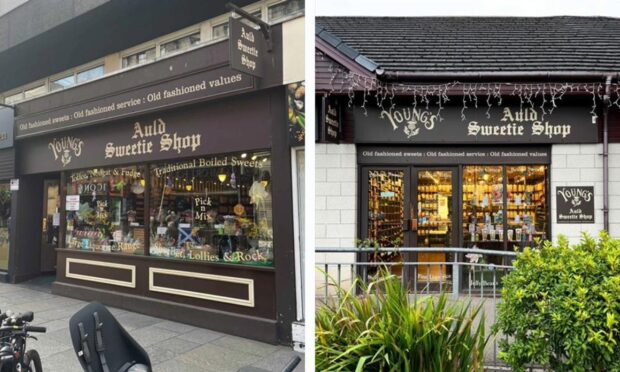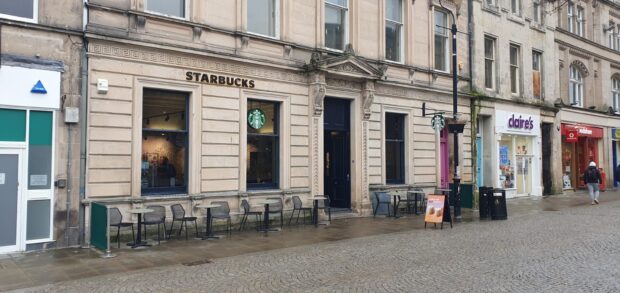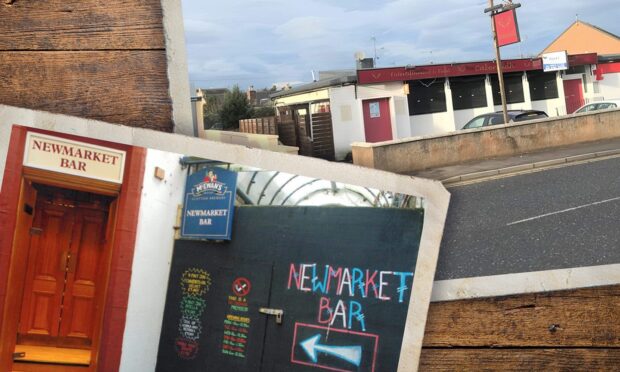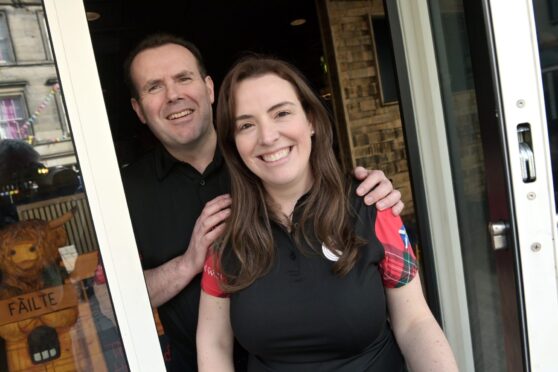Sir Ian Wood says the north-east’s long-term challenges remain the same but warned the impact of Covid-19 will “almost certainly slow progress” for overcoming them.
The businessman and billionaire philanthropist said the focus must be on “converting our oil and gas sector into energy transition activities”.
Looking back over his past year as chairman of economic development partnership Opportunity North East (One), he said much had been achieved towards diversifying the region’s economy,
But he added: “Covid-19 has produced an immediate severe pressure on jobs and the financial position of businesses and that will almost certainly slow progress.”
One and its partners remain committed to accelerating the development and delivery of “projects that will have the most significant economic impact in the region”, he said.
These include energy transition, new development hubs for the life sciences and food and drink sectors, transforming seafood processing and building a competitive advantage in adventure tourism.
Sir Ian, 78, added: “The critical business growth themes across all the sectors are digital, automation, market development and the skills development and reskilling of people required in this fast-changing business environment.” Asked whether the current crisis was accelerating diversification, he said: “Strangely the answer is yes and no. Yes in that Covid-19 is forcing changes upon us all, to work differently, question ingrained habits and practices, develop solutions quickly and maximise the use of digital technology.
“No in that the economic strength of our businesses has been depleted in a range of ways by Covid-19 and this is slowing down growth aspirations.” He said the region was “still relatively well-placed” to be a leader in recovery, whether through its use of digital and advanced manufacturing in food and drink or accelerated drug development and digital healthcare in life sciences.
‘We must harness resilience, adaptability and agility for economy’
By Sir Ian Wood, Opportunity North East Chairman
North-east Scotland has had a long period of prosperity with oil and gas driving the economy.
We now face the extraordinarily challenging pandemic, low oil and gas prices, the climate emergency and a national economic downturn.
Up to 9,000 UK oil and gas jobs have already gone and the pressure is on to develop energy transition activities as fast as we can.
We could face alarming levels of unemployment as furlough support is phased out. Opportunity North East (One) was formed as a private sector-led, not-for-profit development company to broaden our economy, with less dependence on oil and gas.
It has become a leading force in economic and business development in the region, at the forefront of private sector action and investment and an important co-funder of projects with regional and national partners.
One’s approved project commitment to date of £18.6 million has secured public, private and philanthropic matched funding of £44.6m over the past four years.
Our regional economic development model is the most successful in Scotland, with private sector engagement across multiple industry sectors.
An added strength is our partnership approach with local authorities, universities, various oil and gas bodies and the wider private sector working to accelerate industry projects to support recovery.
Now facing major challenges, our businesses are demonstrating resilience, adaptability and agility and we need to harness these to redefine the region’s key industries and build a more diverse and resilient economy.
It’s not going to be easy, but the region can achieve future prosperity and opportunity for our people and communities, with success lying entirely in our own hands.
